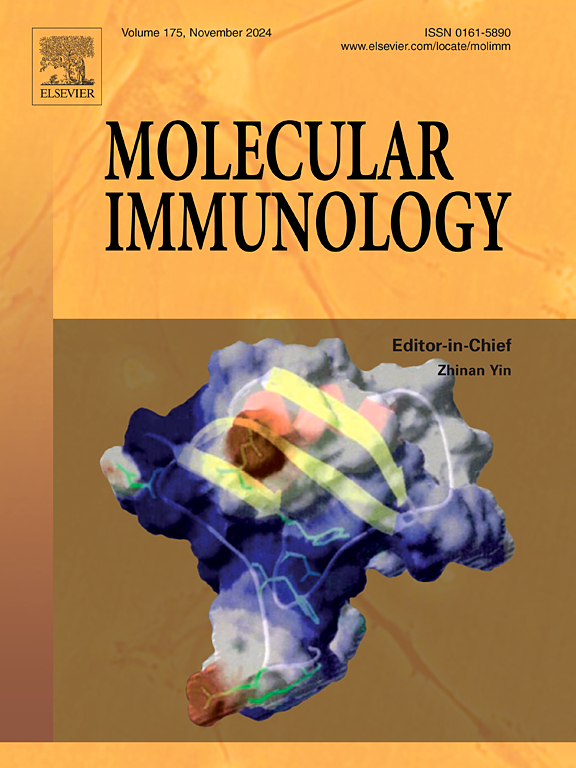Complement decay-accelerating factor inhibits inflammation-induced myopia development
Abstract
Myopia is regarded as a worldwide epidemic ocular disease, has been proved related to inflammation. CD55, also known as decay-accelerating factor (DAF) can modulate the activation of complement through inhibiting the formation of complement 3 convertase and its dysregulation is involved in various inflammatory diseases. To investigate the association between CD55 and myopia, and to test whether CD55 can inhibit myopia development by suppressing inflammation in the eye, we use three different animal models including monocular form-deprivation myopia, myopia induced by TNF-α administration and allergic conjunctivitis animal model to reveal the CD55 in myopia development. The tears of thirty-eight participants with different spherical equivalents were collected and CD55 in the tears were also analyzed. Complement 3 and complement 5 levels increased while CD55 levels decreased in allergic conjunctivitis and myopic eyes. After anti-inflammatory drugs administration, CD55 expression was increased in monocular form-deprivation myopia model. We also found inflammatory cytokines TGF-β, IL-6, TNF-α, and IL-1β may enhance complement 3 and complement 5 activation while CD55 level was suppressed contrary. Moreover, lower CD55 levels were found in the tears of patients with myopia with decreased diopter values. Finally, CD55-Fc administration on the eyelids can inhibit the elongation of axial length and change of refractive error. CD55-Fc application also suppress myopia development subsequent to complement 3 and complement 5 reduction and can lower myopia-specific (MMP-2 and TGF-β) cytokine expression in TNF-α induced myopia animal model. This suggests that CD55 can inhibit myopia development by suppression of complement activation and eventual down-regulation of inflammation.

 求助内容:
求助内容: 应助结果提醒方式:
应助结果提醒方式:


